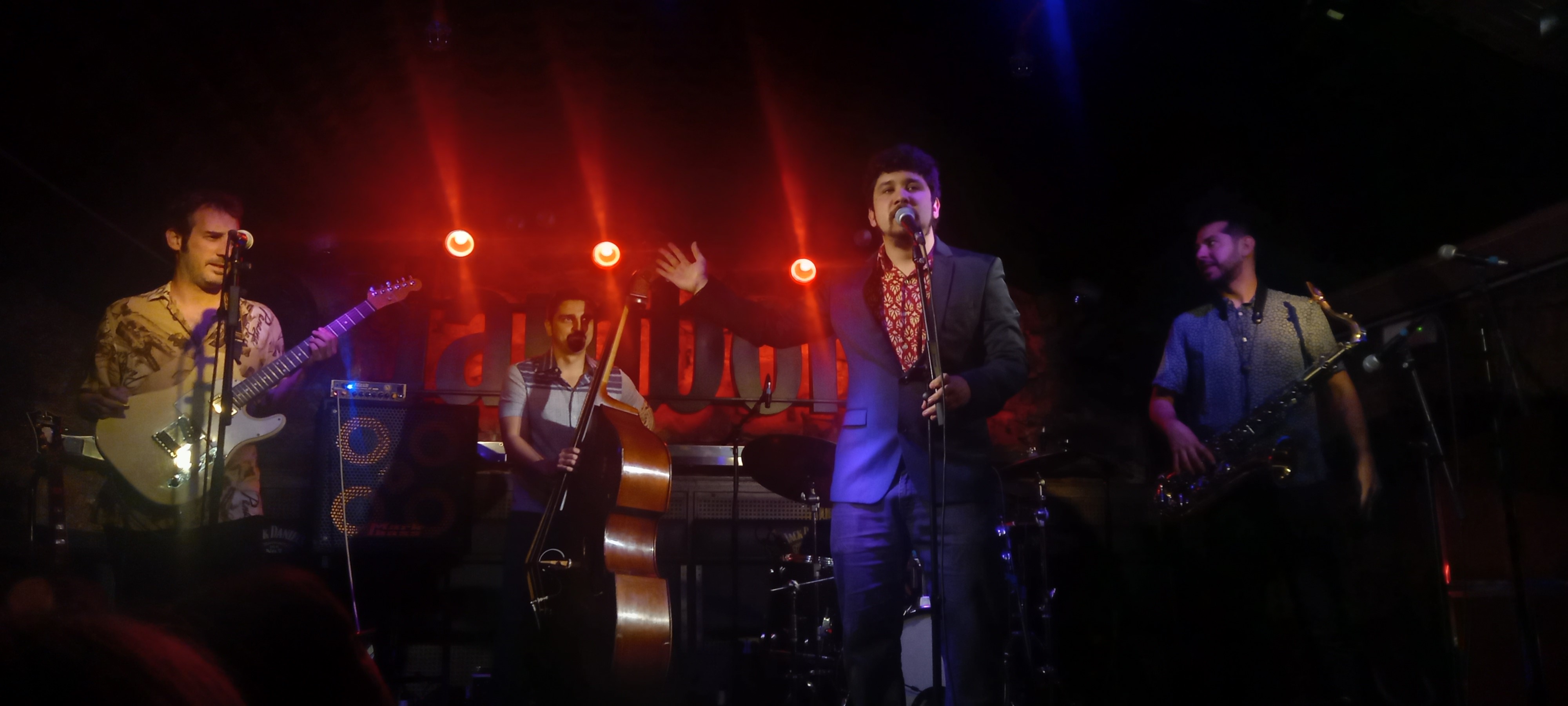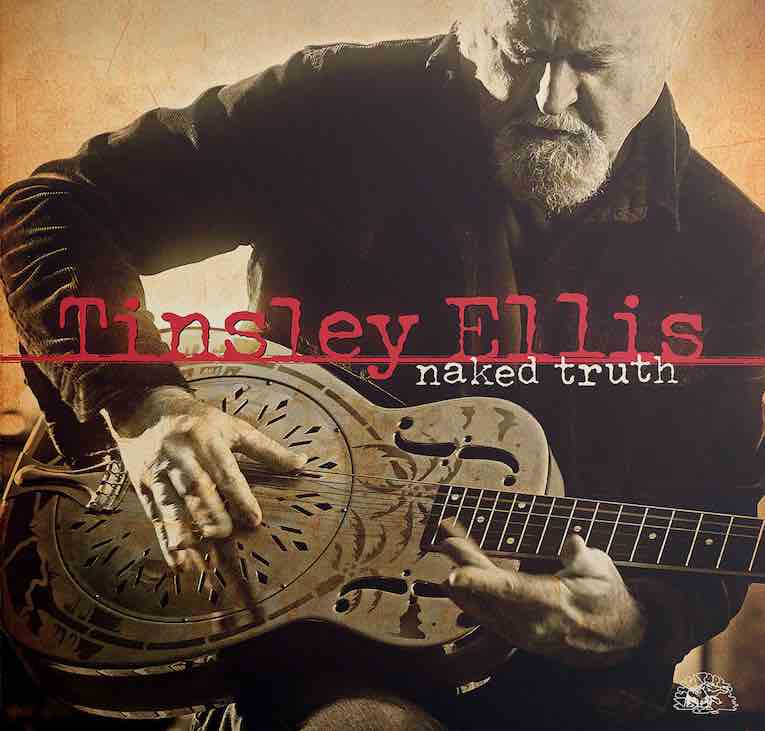ANDREW "BIG VOICE" ODOM ( II )
Andrew Odom era un músico poliédrico así no era de extrañar sus diferentes nicknames entre ellos, Voice, Big Voice, B.B., Little B.B., B.B. Junior.
Al igual que la mayoría de sus antepasados , Odom comenzó cantando espirituales, pero se unió a Albert King y Johnny O'Neal en la escena de blues de St. Louis de mediados de los '50 y comenzando a tocar en la misma ciudad . Hizo su debut grabando en 1961,para el sello Marlo. Llegó a Chicago alrededor de 1960, conectándose con Earl Hooker como el vocalista y guitarra rítmica . Un single para Nation Records en 1967 (como Andre Odom) precedió a su álbum debut para ABC-BluesWay
Estuvo como invitado de Jimmy Dawkins, Delmark LP, All for Business, fue uno de los momentos más destacados de los años 70 para el artista . Grabó su propio álbum para el sello francés Isabel en 1982 en compañía de Magic Slim & the Teardrops (reeditado por Evidence en 1993), pero fue un set de 1992 de Flying Fish, Goin 'to California (coproducido por el guitarrista Steve). Freund), que probablemente reflejó mejor sus calidades vocales.
Odom llegó a ser una verdadera atracción popular en el circuito de Windy City hasta la fatídica noche en que sufrió un ataque al corazón mientras viajaba desde Buddy Guy's Legends hasta otra meca del blues local, el Checkerboard Lounge.
Andrew Odom (December 15, 1936 – December 23, 1991) was an African-American Chicago blues and electric blues singer and songwriter, best known for the close resemblance of his singing style to that of Bobby Bland and B.B. King.
He recorded three solo albums in his lifetime and performed regularly around Chicago and further afield until his death.
Odom was born in Denham Springs, Louisiana, the son of Lula Odom,and learned to sing at his family's church. In 1955, he relocated to East St. Louis, Illinois, and began working with Albert King and Johnny Williams. In 1960, he moved to Chicago, which was his home for the rest of his life. The following year, he recorded "East St. Louis" with the Little Aaron Band for a small label, Marlo Records.Odom later met Earl Hooker, with whom he recorded and performed for a number of years.Another single of Odom's, "Turn On Your Love Light", credited to Andre Odom, was released by Nation Records in 1967.
Hooker, after being released from the hospital in 1968, assembled a new band and began performing in Chicago clubs and touring, against his doctor's advice. The band, with Odom as the vocalist and the pianist Pinetop Perkins, the harmonica player Carey Bell, the bassist Geno Skaggs and the steel guitar player Freddie Roulette, was "widely acclaimed" and "considered one of the best Earl had ever carried with him". On the recommendation of Buddy Guy, Arhoolie Records recorded Two Bugs and a Roach by Hooker and his new band. Hooker's album Don't Have to Worry (1969) included instrumental selections and songs with vocals by Odom, Johnny "Big Moose" Walker, and Hooker. It has been said that the session had a "coherence and consistency" that helped make the album part of Hooker's "finest musical legacy".
Odom's debut album, Farther On down the Road (recorded in 1969 and released in 1973), included his version of "Farther Up the Road", with accompaniment throughout by Hooker on guitar and Johnny "Big Moose" Walker on keyboards.
After Hooker's death, in April 1970, Odom worked for the next decade as a singer with Jimmy Dawkins. In 1971, Delmark Records released Dawkins's second album, All for Business, with Odom on vocals and Otis Rush on guitar. In 1974, Wasp Records issued the single "I Got This Bad Feeling", credited to B.B. Odom and the Earbenders.
In 1982, Odom recorded his second solo album, Feel So Good, with accompaniment by Magic Slim and the Teardrops, which was issued by the small French record label Black & Blue Records. It was reissued by Evidence Music in 1993.
Flying Fish Records released Odom's third album, Goin' to California, in 1991. The album, co-produced by Steve Freund and including guitar accompaniment by Steve Katz, has been considered Odom's best recorded work.
On December 23, 1991, Odom suffered a fatal heart attack while driving from the blues club Buddy Guy's Legends to his next scheduled appearance at the Checkerboard Lounge. He was dead on arrival at Cook County Hospital, in Chicago.
Some of his work appeared on the compilation album The Chicago Blues Box: The MCM Records Sto

:format(jpeg):mode_rgb():quality(40)/discogs-images/R-5626536-1413362079-4628.jpeg.jpg)



Comments